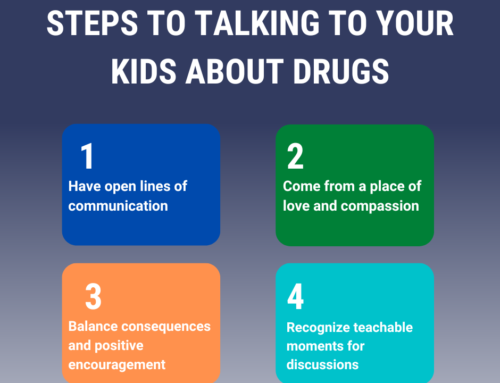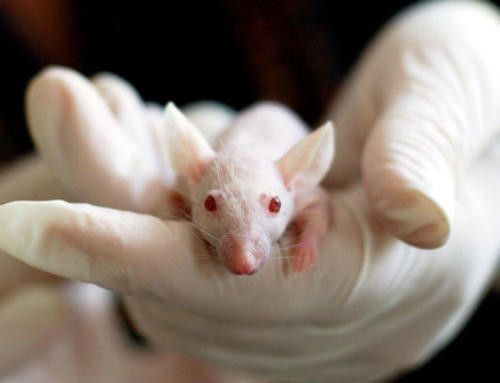ADHD affects the behaviors of kids when they are in school as they are not able to pay attention, are hyperactive, and impulsive. Stimulants like amphetamine and methylphenidate are prescribed to control their behavior and improve their focus. With proper education of the risks of abusing ADHD medication and keeping the pills in storage, the calls to poison control would be decreased significantly.
From 2000-2011, there was a 71% increase in calls to U.S. Poison Control involving drugs used for ADHD. Most cases were accidents where they get their hands on Ritalin or Adderall or they double their dose. 18% of calls were reports of intentional abuse of ADHD medication or a suicide attempt. These calls were made by worried parents whose kids were not sick but exposed to the drugs. 6% of those calls were reports of children ending up admitted to the hospital with three teens who died from ADHD abuse and one from suicide. From 2000-2014, 29 calls were made every day related to exposure. In 2011, there were 12,300 calls and 16,500 calls three years later. The symptoms reported from the children included agitation and irritability, elevated heart rate, and drowsiness.
One-quarter of children were taken to a medical center and released but 6% were admitted to the hospital. Children younger than age six stumbled onto the pills that were either left out or not stored well. In order to protect your children from exposure to these medications, keep these pills in child-proof containers away and out of sight of children. Kids from ages six to twelve were reported to have been given a prescription for ADHD medication but were given an extra dose.
There are ways to help your children remember if they took their day’s dose like using a smartphone app. Even those pill boxes are helpful, this can also make it easy for children to get their hands on the pills. For those ages six to ten, you should supervise your medication use and educate your children on label reading as well as only taking medication as directed. Teens and preteens should know about the dangers of taking someone else’s prescription or sharing with a friend. If your child is abusing medication, you should take him or her to a healthcare provider. Do not wait until your child develops an addiction or hits rock bottom for them to receive help.
Located in downtown Midland, The Springboard Center’s mission is to offer programs and services to treat alcohol and drug addiction treatment using an evidence based curriculum, 12 step programs, diet, nutrition, exercise, emotional, mental and spiritual development for a long recovery. For more information, please call us at 432-620-0255 as we are open 24 hours a day, 7 days a week.




